You've probably abandoned your 2022 fitness goals already, so find some new ones that'll last.
Setting New Year's Resolutions can be a futile venture. Forbes says that four out of five people abandon their goals by February, and is that really a surprise? The days are short and cold, you're probably facing new goals at work or school, and you're putting the pressure of a year's worth of self-improvment on your shoulders.
But nothing ventured, nothing gained, right? It's time to put our old resolutions aside and give them a February reboot. Rather than aiming for a specific mileage or weight goal for your dream self, you need to avoid the psychological pressure for results and focus instead on building good habits and actionable goals.
You can hit those goals with nothing but good old-fashioned human willpower. But why do that when you have tech to help make the process a heck of a lot easier? From apps to trackers, smart assistants to watches, these are our recommendations for the best fitness tech to get fit this year.
Choose the right smartwatch or tracker
We're truly living in a golden age of fitness tech for your wrist, but choosing the right one is a challenge. Fitbit unsurprisingly leads the fitness trackers category if you want something light and tiny to strap on your wrist and get all the health data you need for days at a time — with the Fitbit Charge 5 leading the pack for affordable quality.
But fitness smartwatches give you a larger screen with more room for tools like animated workouts and running maps — plus more internal room for better sensors. If you're trying to motivate yourself, a watch like the Garmin Venu 2 Plus that shows how to do a squat properly and gives you cute reward animations for hitting your step count could be a great choice.
For the most in-depth training info, you can't go wrong with any Garmin watch. It takes your workout metrics and converts them into actionable information, from your fitness age and training effect to stress and VO2 Max — without ever needing a monthly subscription. Most likely the Garmin Vivoactive 4 or Forerunner 245 are your best picks since they offer the essentials at a reasonable price, since most Garmin watches have premium price tags.
But in many ways, buying a Garmin can be (A) overwhelming and (B) not very fun to wear outside of workouts. For proper health data or regular reminders to get up and stretch, you'll want something lightweight, stylish, and capable of doing more than workouts so you have an incentive to keep wearing one. For that, you'll want a lifestyle watch like the Galaxy Watch 4 or Apple Watch Series 7. Both live up to their brands' reputations for quality, with great designs, app support, and fitness software with Samsung Health and Apple Health.
Garmin Vivoactive 4 GPS Smartwatch
From $290 at Amazon $350 at Best Buy
The Vivoactive 4 offers activity tracking and other useful features, including Body Battery, Pulse Ox, and more.
Samsung Galaxy Watch 4 Smartwatch
From $250 at Amazon From $250 at Best Buy From $250 at Samsung
This watch can track many aspects of your health and fitness. It comes in 2 sizes and offers ECG, BIA, and optional LTE.
Don't just set goals; decide your limits in advance
The best way to derail your fitness goals is to show up at the gym feeling great, push yourself to do a certain number of reps on an unfamiliar machine, and wake up the next day with a pull or sprain that sidelines you for a week. Same goes for running too far because you get in the zone. That's fine once you've built up your mileage or core strength, but not when you're just starting out.
In other words, don't worry so much about missing daily goals for an arbitrary number of miles or reps; do worry about pushing beyond those goals, instead.
For couch-to-5Kers, you'll find several dedicated running apps that'll hand-hold you through the process, complete with reminders to get moving and timers to stop you when you're done. Personally, I'd recommend Map My Run, which lets you find or create routes with specific mileage and elevation in your area, so you decide in advance exactly what you can handle.
Gym-goers and at-home exercisers have no shortage of apps to choose from. Start with FitNotes, Jefit, or Simple Workout Log to, well, log everything manually; then you can check back on your progress and mark your improvement.
Or, if you want to keep things even simpler, just break out a calendar app or daily planner app like Todoist. With a calendar set to monthly view, you can color-code the workouts you complete to show your progress and intensity over time; or with a planner, you can mark down how many planks or lunges or whatever you plan to finish that day, then enjoy that satisfying rush of endorphins when you check it completed.
Unlock your inner potential
C25K - 5K Running Trainer
Designed for first-timers
From curated playlists to audio coaching and integration with your favorite wearables, C25K - 5K Running Trainer has everything you need to get started and push your limits. And if you want to sign up for Zen Unlimited, you are provided with even more access and features to keep your motivation levels up.
At home or outside
Map My Run by Under Armour
Free w/ IAP at Google Play Store
Train like a pro
Map My Run features more than 600 activities to be tracked, along with real-time coaching and more.
Try a smart scale, but proceed with caution
When I polled the Android Central staff on what fitness tech they use to stay fit, three mentioned the Withings Body Cardio Scale, and another coworker has since bought it for themselves. Beyond reading and storing your weight to an app, it tracks your cardio activity, vascular age, body mass index (BMI), body fat percentage, both muscle and bone mass, and water weight. It gives you regular information on your general health and progress over time. Even if your weight isn't going down as fast as you'd like, it'll keep track of other areas that are better metrics for your actual health.
Whether you go with the Withings or another smart scale like the more affordable Eufy P1, it could give you the push you need to keep working out. But that really only works if you're someone motivated by negative reinforcement and self-pressuring. If seeing your weight and older-than-average body "age" puts too much pressure, it could cause you to shut down and avoid even thinking about working out.
As long as you set reasonable expectations and look at setbacks as motivational instead of a judgment against yourself, these will prove very helpful for your fitness goals.
Premium quality
Withings Body Cardio Premium Wi-Fi Body Composition Smart Scale
$150 at Amazon $150 at Best Buy
A truly smart scale
From BMI to bone mass, this scale gives you all the health data you didn't know you needed to get healthy.
Affordable quality
Eufy by Anker, Smart Scale P1 with Bluetooth
Best of the best
There's not much the Eufy P1 can't do. It tracks 14 metrics, works with up to 16 users, and syncs with popular health apps.
Have your watch, Alexa, or alarm bug you into good health
I'm someone that tends to lose track of time and get blown away every time I look at the clock and realize how late it is. (Yes, this is a bad quality in a journalist with deadlines.) So I've realized that the only way to ensure I stand up from my desk once in a while is to have an outside source remind me to do so.
I used to have daily reminders set up on my Echo Show 8. At 11, it announced to the whole apartment that it was time to get up and do squats and raises. At noon, crunches; at 1, planks and side planks. It worked until I got a cat, who decided the noise meant it was feeding time. So I switched over to a reminder app on my phone instead.
If you'd rather keep your reminders more subtle or context-sensitive, most smartwatches have some kind of inactivity alert that sense if you've stayed in one place for too long and prompt you to stretch your legs. But they're easy to ignore if you're busy when you receive it. I'd also recommend blocking off periods on your work calendar preemptively to give yourself workout breaks, so coworkers won't send meeting invites then or will see that you're "in a meeting" on Slack.
Back up your metrics with actual expertise
As part of my marathon training last year, I spoke with Roberto Mandje, a former Olympian and XTERRA Trail Running Champion, about how regular runners should use tech and metrics to improve their fitness. And he told me to be very careful about trying to hit specific goals without context.
"You'll find yourself reading numbers off your app and comparing them with generic numbers from the internet and then start chasing those numbers without knowing if you really should," Mandje said.
So if you buy a Garmin watch and start running with it, you may learn that you have an unusual cadence or stride length; but trying to fix it yourself may only cause problems or potential injury. Instead, he suggested people "visit a sports or running lab to have their gait, stride, cadence, and overall biomechanics measured" and improve from there.
The same applied when I asked about nutritional, calorie-counting apps. "Not all calories are created equal, especially when training for a marathon as a 2,000/day diet will be different for someone who is primarily sedentary vs. someone who is in the midst of marathon training." The more you fall into a proper fitness routine, the harder it will become to stick to a disciplined eating regimen that won't properly refuel your body. That's where an actual nutritionist could come in to help you.
The best fitness tech makes us feel empowered to "fix" ourselves, but the truth is that all of its amazing tools can only substitute for professional help if you already know what you're doing. Instead, most people stumble through, using Google to find answers and often finding bad advice that doesn't apply to their specific needs, or advice that they're not equipped to follow.
It's okay to focus on the core stats for improving your fitness like miles, elevation gain, and duration. Once you've mastered the basics and are properly in shape, then you can worry about the more advanced stuff.
If you do monitor one health stat closely, make it your heart rate. Mandje told me that he tracks "resting heart rate, max heart rate, and averages at different levels of intensity." I mentioned before it's important to know your limits, and when it comes to any cardio activity, your heart will tell you if you're pushing too hard or too long. You just need to know how to listen to it.
Get the best reading
Polar H10 Heart Rate Sensor
A HRM you can trust
Smartwatches aren't always the most reliable for their HRM sensors. If you want a sensor for workouts that'll give you the most accurate reading possible, go with Polar.
Best overall fitness tracker
Fitbit Charge 5 Advanced Fitness & Health Tracker
From $120 at Amazon $120 at Best Buy $120 at Walmart
Next-level health and fitness tracker
The Charge 5 takes health tracking to the next level with its new ECG and EDA sensors. It'll give you the HRM you need without bothering with a chest strap.
Focus on the climb, not the falls
Unless you're a professional athlete with all the free time, coaching, and physical therapy you need, you're not going to maintain your fitness forever. You'll have times that you can't keep up the level of healthiness you want, and all the fitness tech in the world can't change that.
But if you're kind to yourself when you have a bad week or month, your brain is less likely to shut down at the prospect of starting your efforts back up again, because it won't feel as hopeless. To carve out a fitness routine, you can use tech to annoy or force yourself into working out, but that can only take you so far. Eventually, you'll need to learn to enjoy that fitness journey, and rely less on tech and more on yourself to get moving.
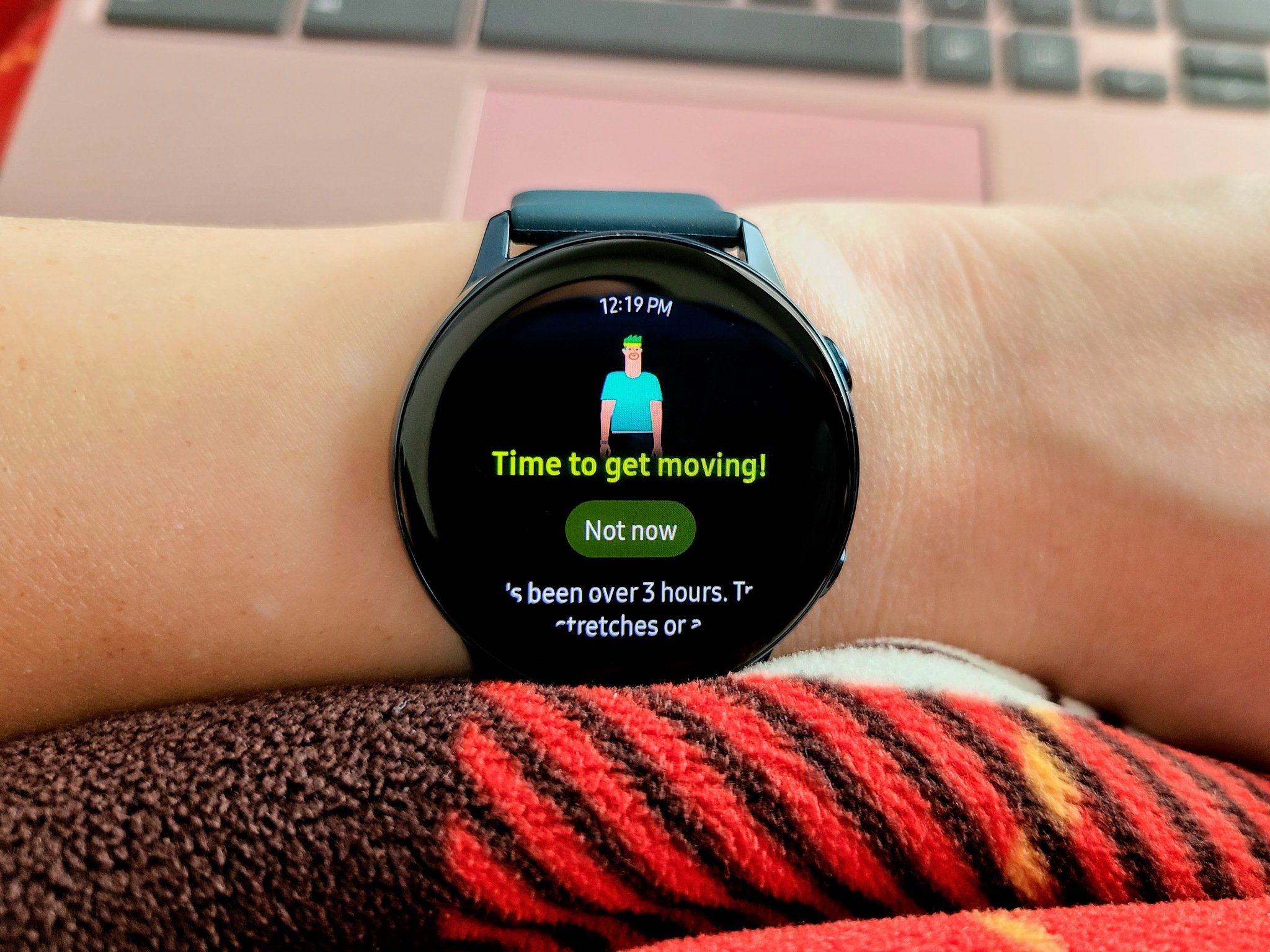
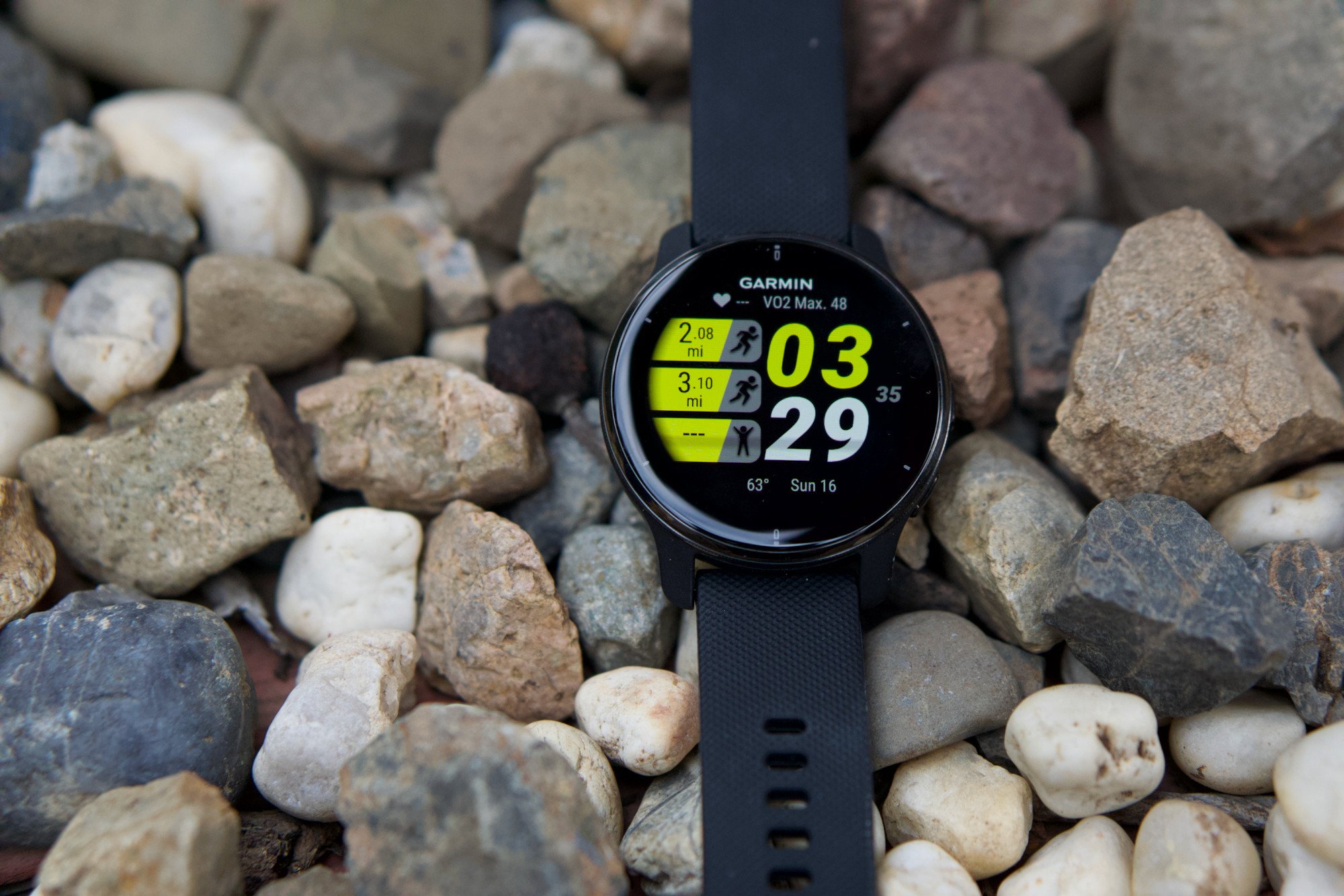


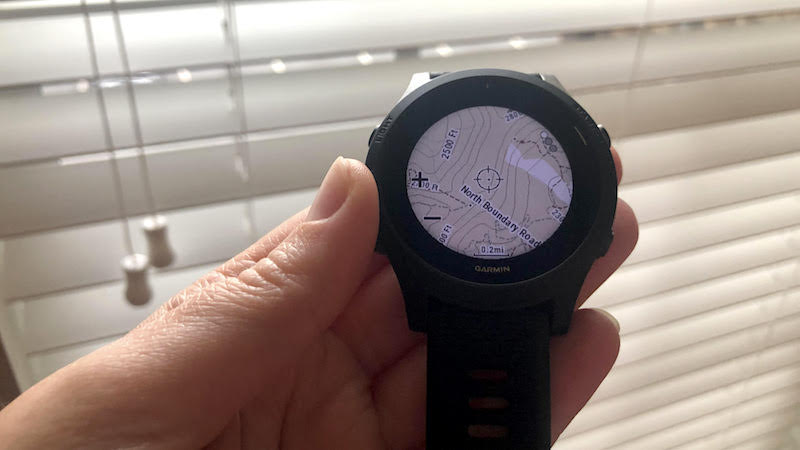
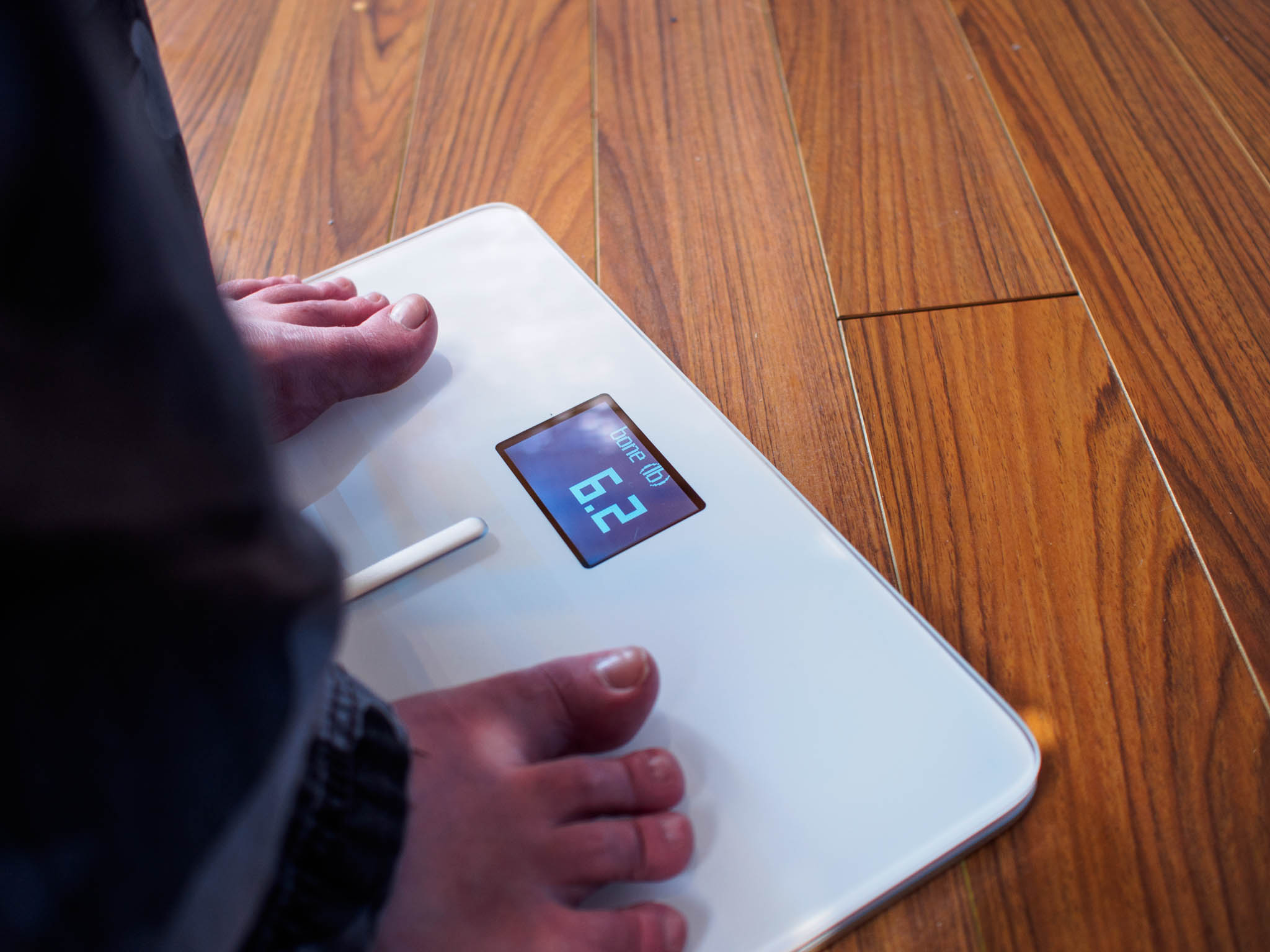
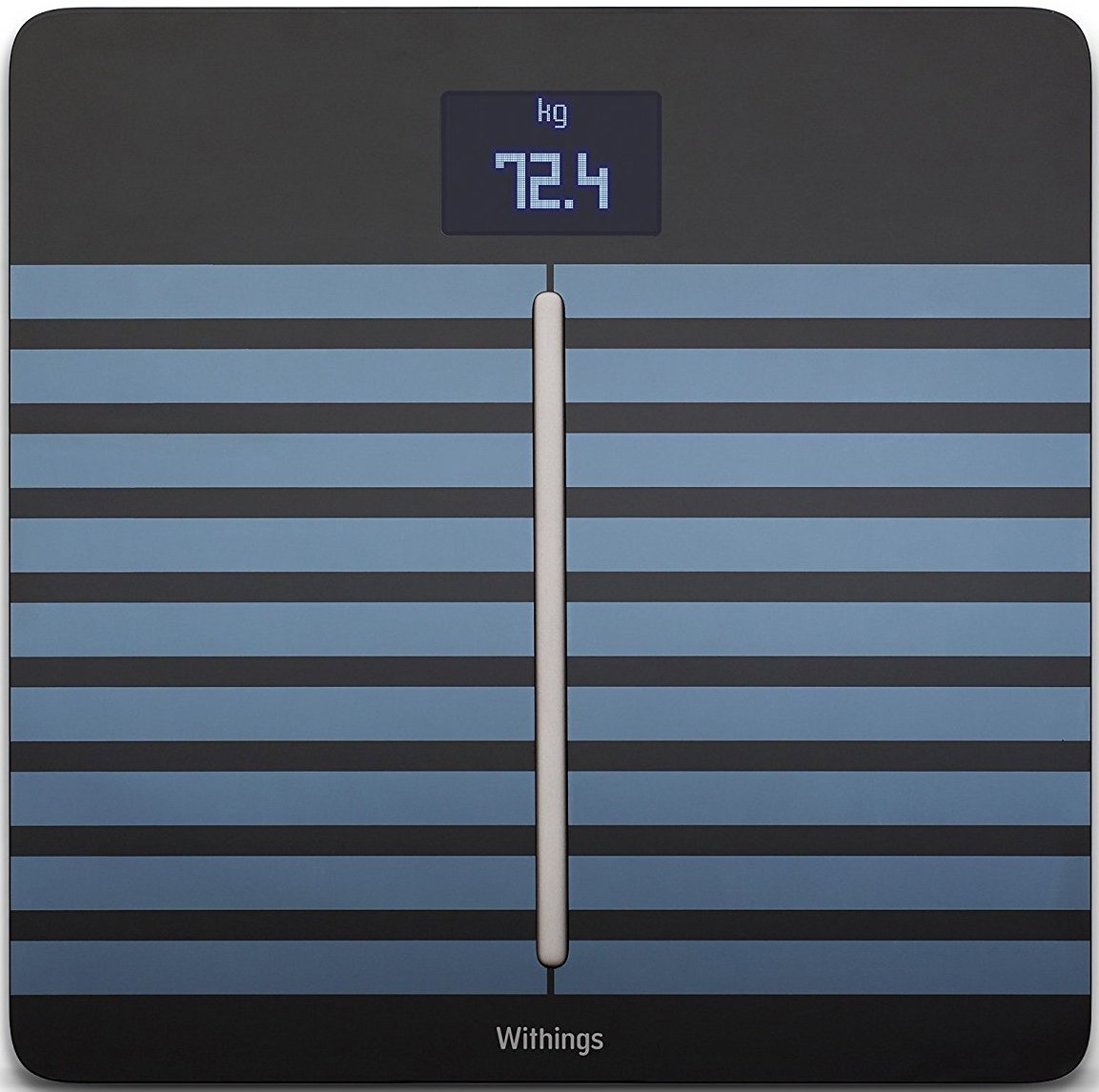
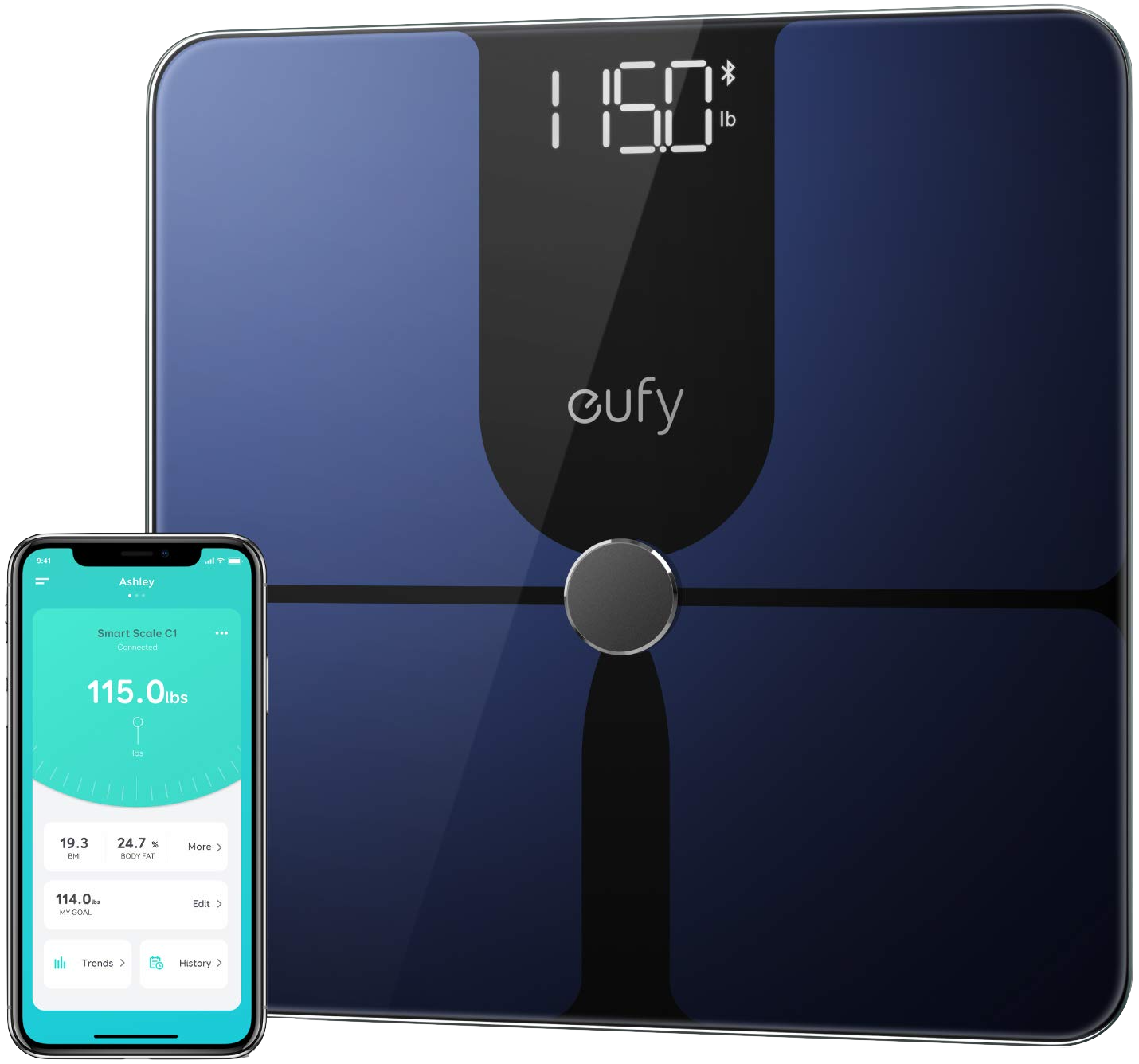
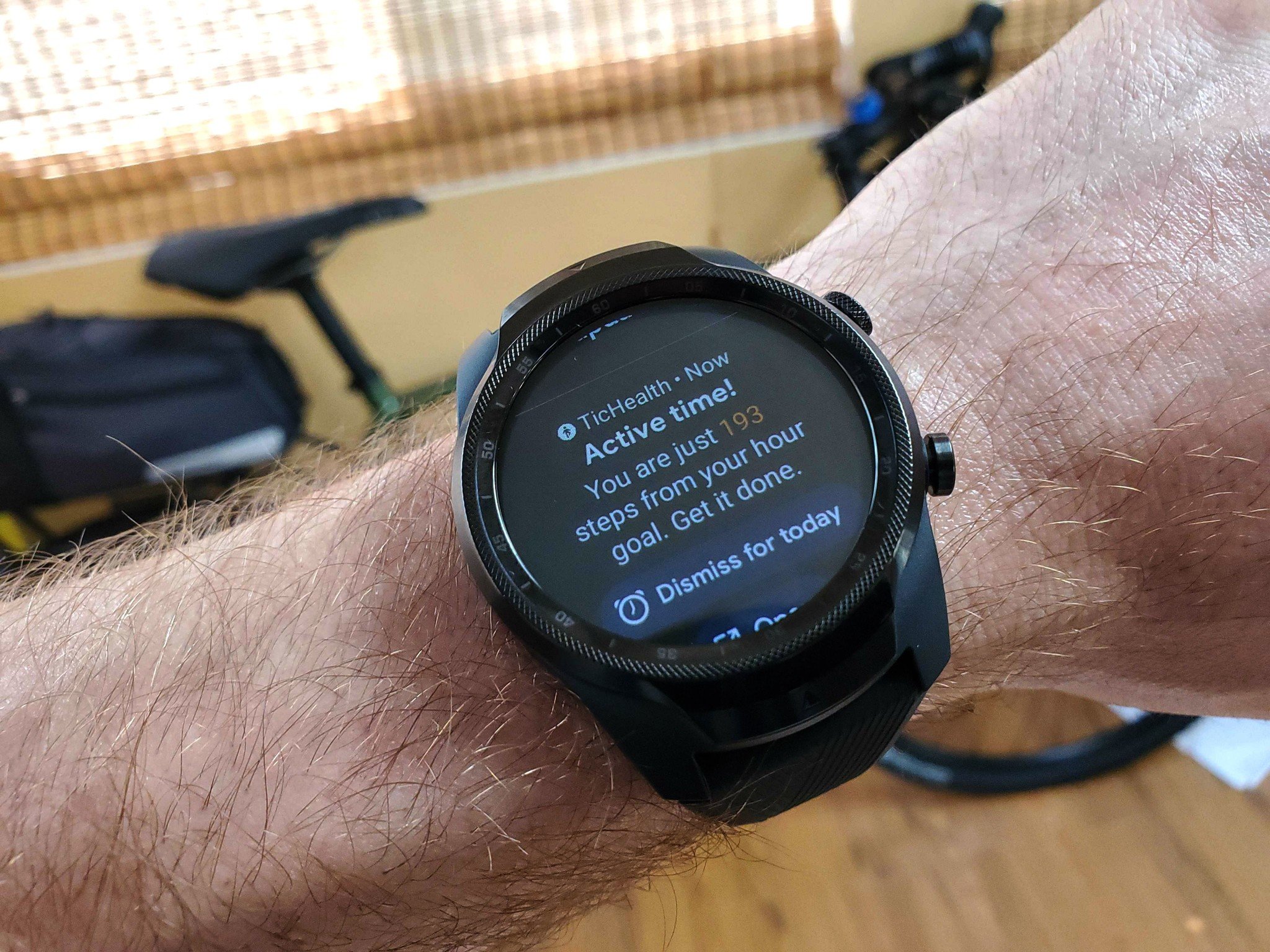
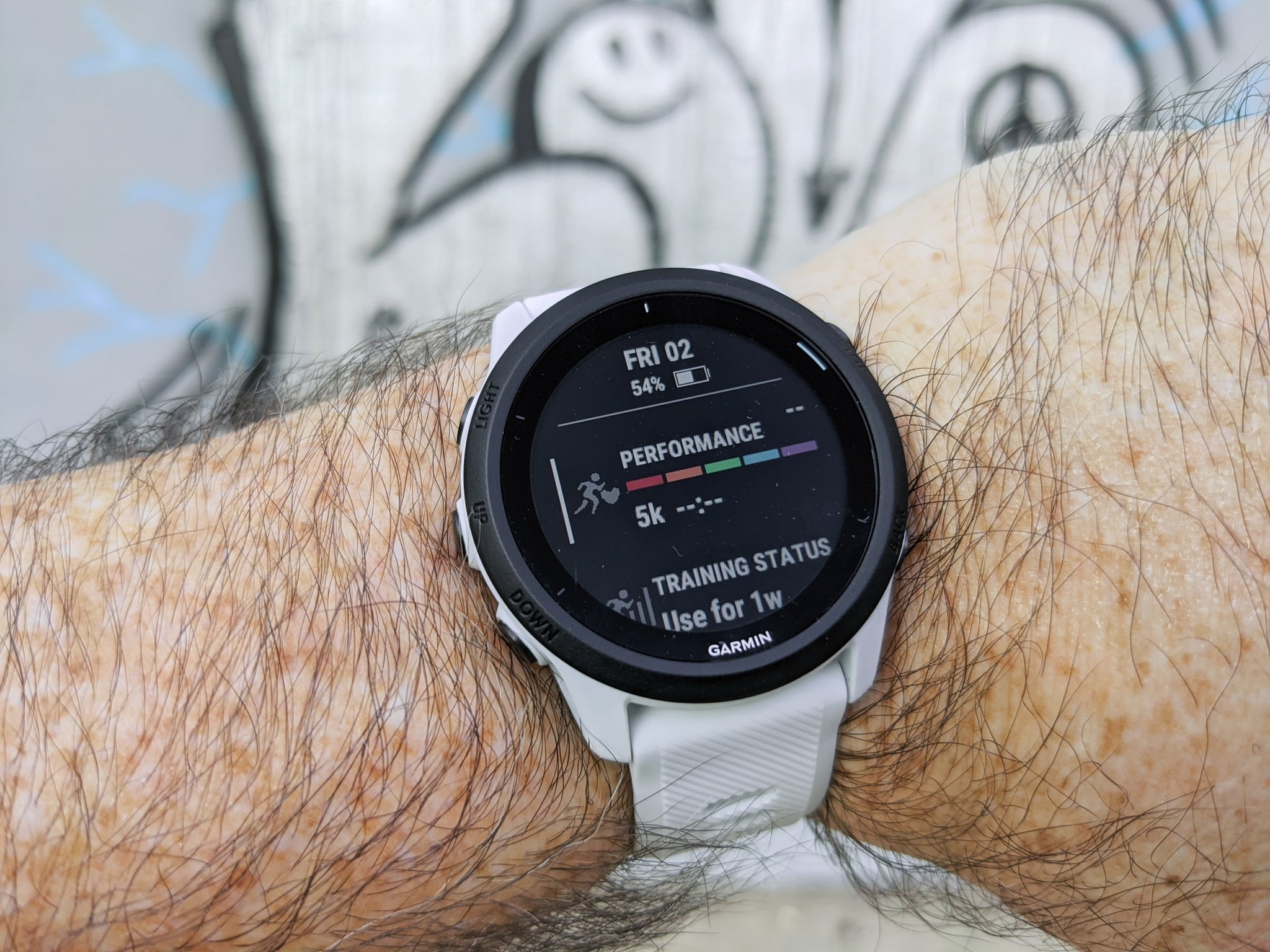
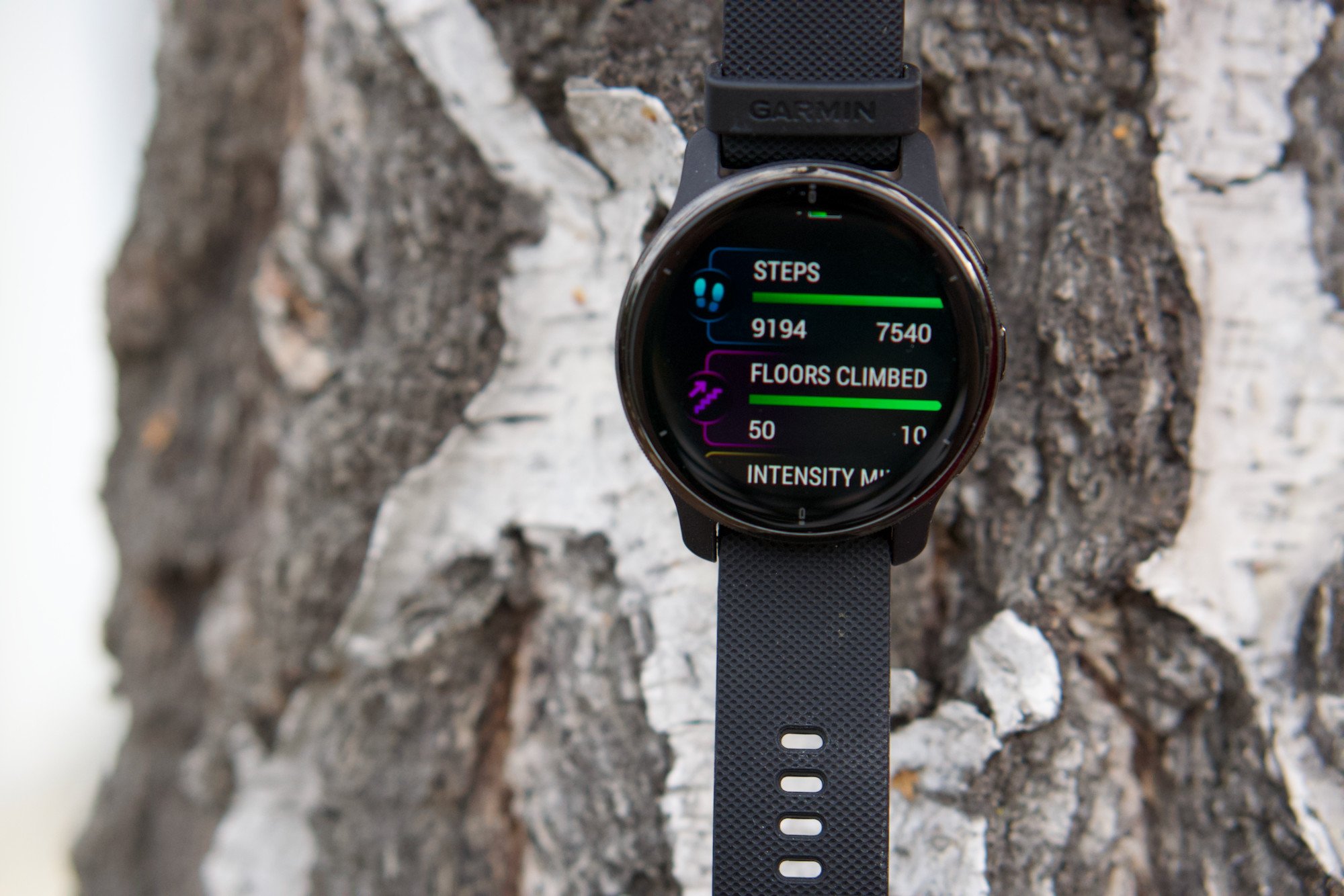
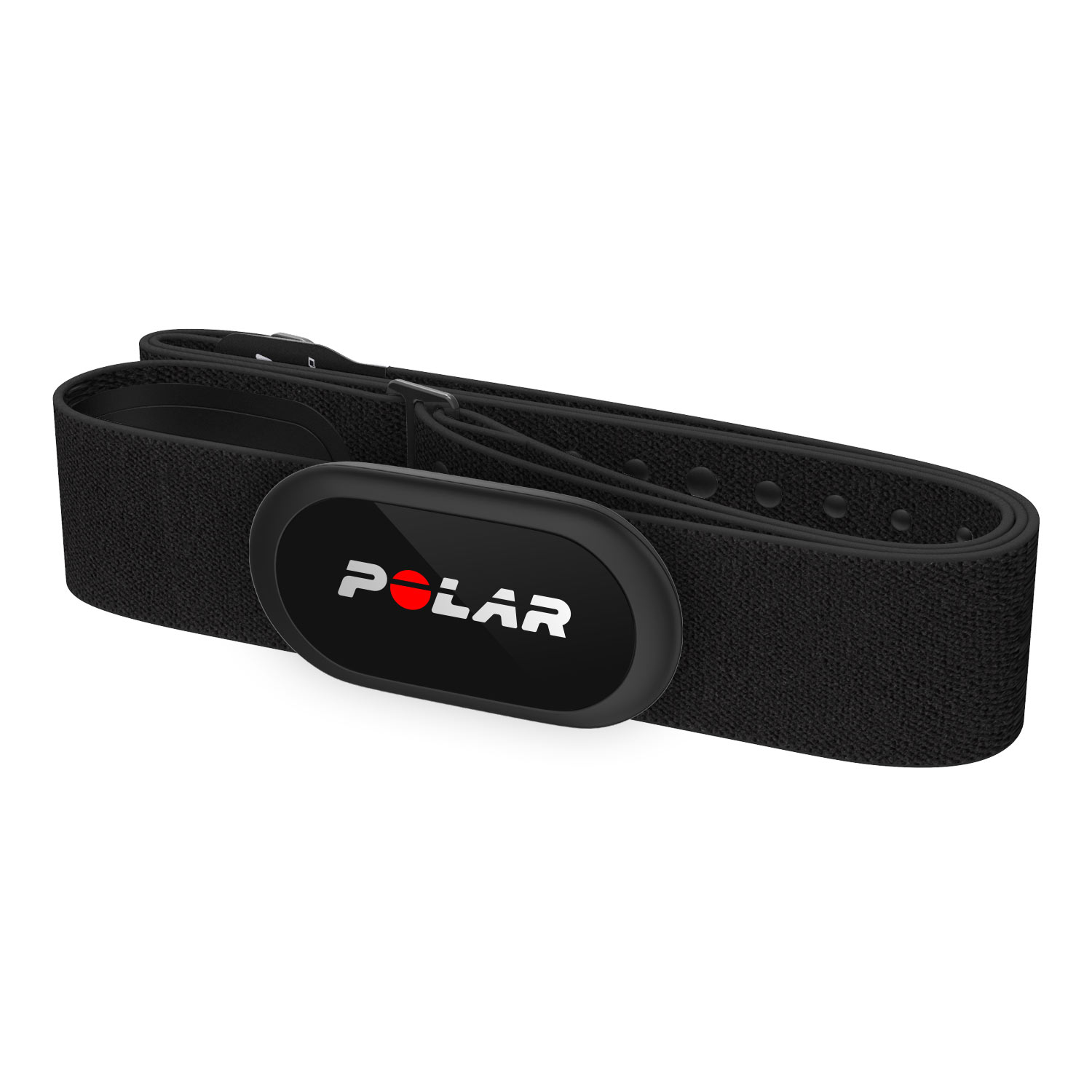
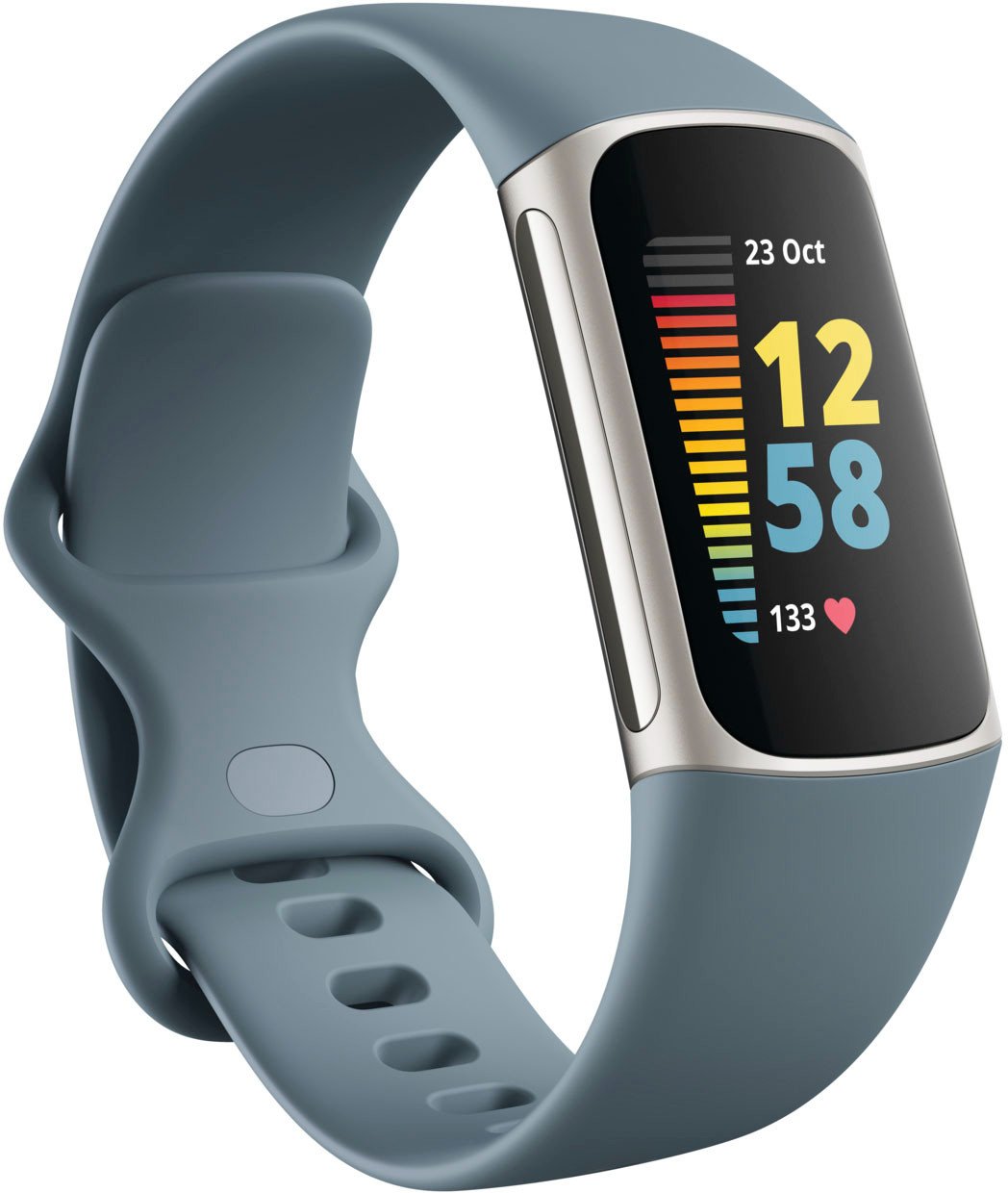
Tidak ada komentar:
Posting Komentar